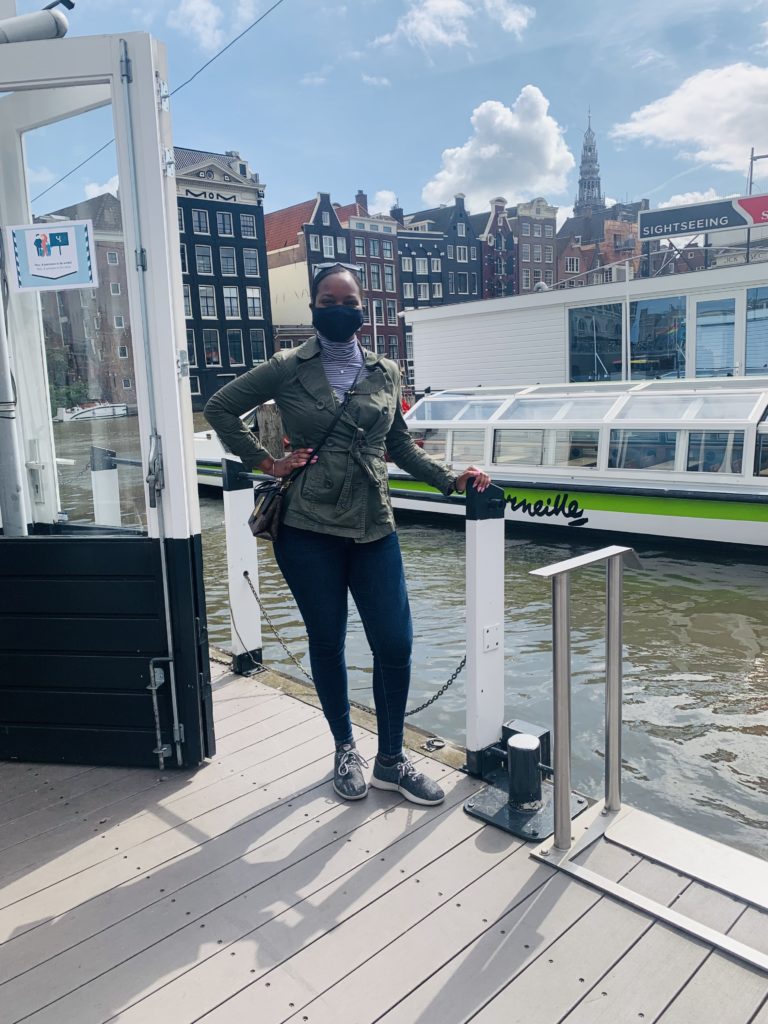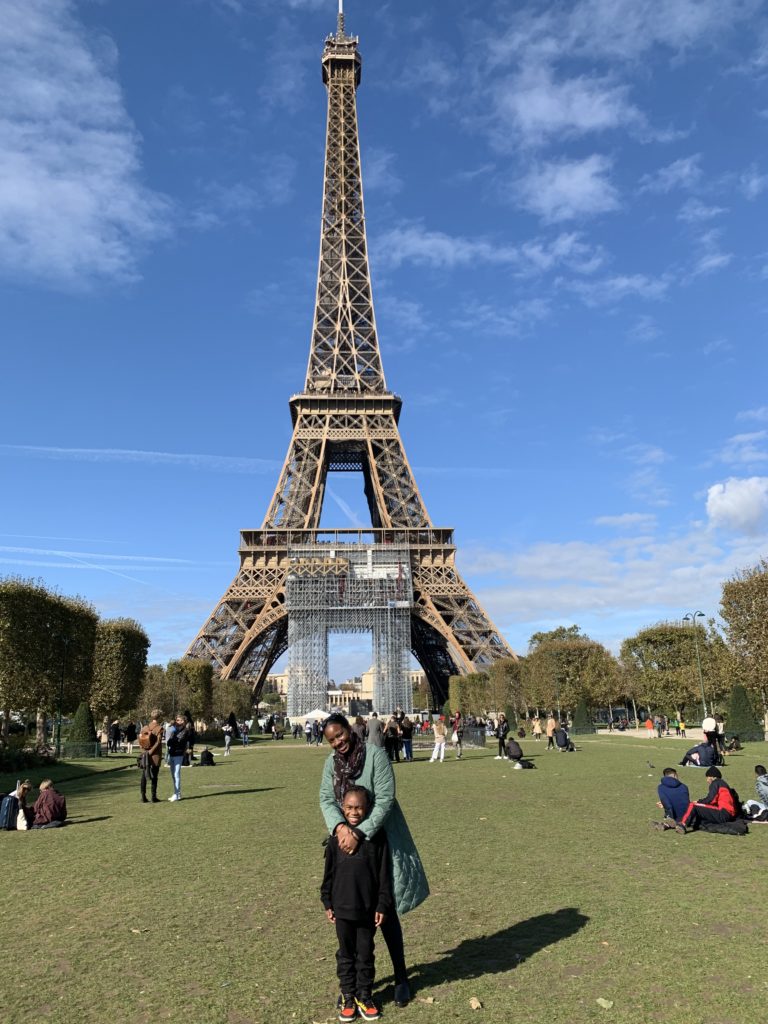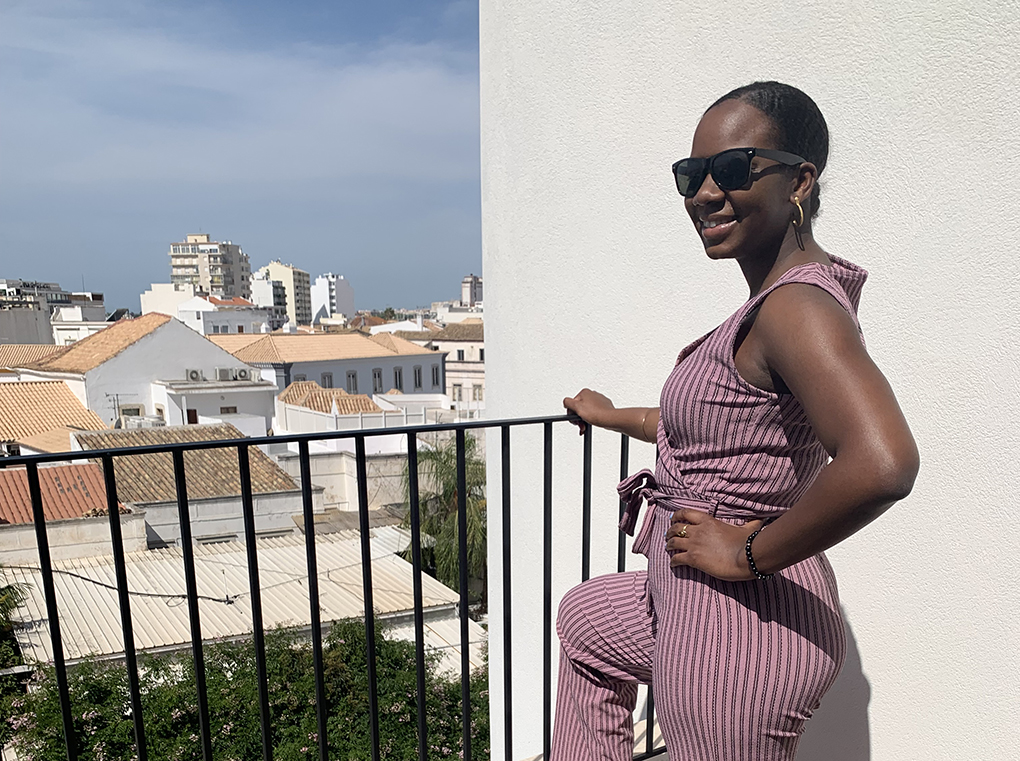DC native Ariel Solomon recently moved from California to the Netherlands. A senior leader at a tech company, she relocated to the Northwestern European nation after her company asked her to lead its growth strategy for EMEA markets. In April 2021, she packed her belongings, bid the States farewell, and moved to the capital city of Amsterdam.
“I had a professional goal of working abroad at some point,” said Ariel. “I saw the chance to work in Europe with people from many different countries as a master class in business IQ and emotional intelligence. So I jumped at the opportunity. When I moved here, the pandemic was still in full swing so I spent my first few months in lockdown.”
Life in Europe
Having been in Europe for over a year now, Ariel has had plenty of opportunity to get acquainted with her new environment. A benefit of living in the Netherlands as opposed to the US is the level of safety and security she feels. The low levels of stress and the affordability are other positives.

“I respect that Europeans seem to live more well-balanced lives than what I was used to back home. Amsterdam is a very bike-friendly city, which I had to get used to at first, but I now appreciate it. Any needs I have in terms of goods, services, and infrastructure, are just as accessible as they were back home. They are often cheaper, too.”
Given the close proximity of the nations in Europe, Ariel is also able to easily and quickly reach neighboring countries. This is a particularly great perk for a lover of travel such as her.
“As part of my job I travel often so I’ve been taking note of countries that feel particularly welcoming. I could see myself exploring a second home in Denmark, Switzerland, or Portugal. I find the healthcare system in the Netherlands to be rather bureaucratic (e.g. referrals are often required) but things are otherwise well-built and digital-friendly.”

The Good, and the…Not so Good
But one thing Ariel finds lacking in Amsterdam is the food; she says it doesn’t hold a candle to what she is accustomed to back home. While the ingredients used are fresh and often organic, preparation/service at restaurants and seasonings at her disposal for when she cooks at home leave much to be desired.”
As far as other Black expats, Ariel says there are many, though she has only had the chance to meet a few. Being a part of expat groups has helped make it easier for her to get acclimated. Overall, Ariel loves her new city and country, so much that she recently purchased a home there.
“This is my second home, my first one in Europe, and the process was fairly straightforward. Buying in the Netherlands is a no-brainer because banks don’t require down payments (though I put money down to lower my overall mortgage) and homeowners are able to write off any interest paid on their mortgage at the end of the year.”

Thinking of Moving to Europe?
If you have been thinking about moving abroad and eyeing Europe as your potential future home, there are some things you’ll need to think about that can help you determine if it is the right place for you. Here are seven things Ariel recommends you consider before making your decision:
Cost of Living
“I would recommend a thorough investigation into the cost of living. I think it’s easy to assume that any place outside of the U.S. is ‘cheaper’ and while I’ve found that to be generally true for housing, this hasn’t been the case for all other expenses.”
Work Pay Schedule
“Be prepared for a payment structure that finds most salaried employees getting paid not weekly, or bi-weekly, but MONTHLY.”

Taxes
“Taxes are generally higher in a majority of European countries so explore tax shields that can be applied for by/through your employer. I am currently in Europe on a Highly Skilled Migrant Visa, which lowers my tax rate, among other benefits.”
Culture
“Read up on and seek to understand the cultural differences and traditions. What might seem odd to us may be the norm for others (e.g. Dutch people are known to be incredibly direct and often frugal. They also celebrate King’s Day each year for what is largely just a symbolic monarch).”
Work-Life Balance
“Workaholics – beware of occasional frustration. I’ve found that European teams aren’t ‘always on’ which may seem frustrating for fast-movers, but can mean an increase in balance and quality time in one’s personal life.”

Language
“Don’t assume that everyone speaks English. Many do, but not all. It’s worthwhile to take the time to learn critical words and phrases at a minimum, prior to or upon arrival.”
Community
“Use online groups to get insight from others who have made the move before you. Meet other people in similar situations. Homesickness is real – but the companionship of others can help one cope with the change!”
You can follow Ariel on Instagram at @ariel_solomon_99.
Related: The Black Expat: Life As A Trini Expat In Rotterdam, Netherlands





